How Do Solar Batteries Work?
No solar power system is complete without a solar battery. This vital component of solar power systems gives you more options for powering your home with solar energy. There are several benefits to choosing a good solar battery storage system.
To understand how solar batteries work, we must first understand what a solar battery is and the science behind them. We’re here to guide you through the basics and make it easy to electrify your life!
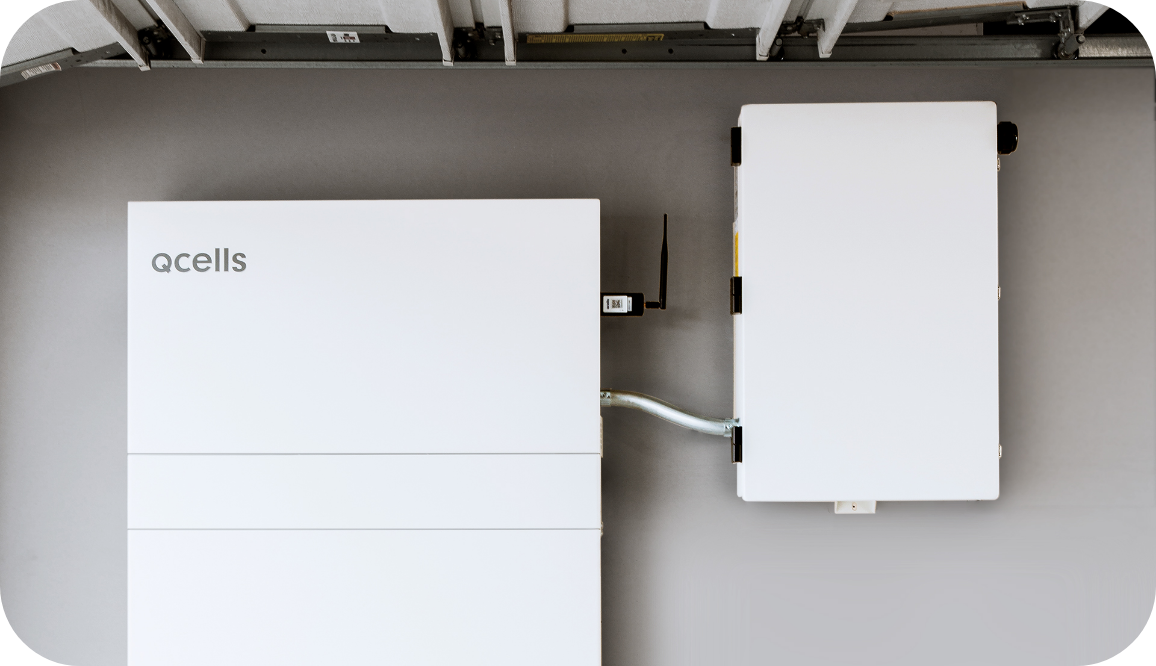
What is a Solar Battery?
At the fundamental level, a solar battery stores the extra energy your solar panels generate. Solar batteries work similarly to phone batteries. They work through a chemical reaction that creates chemical energy that then converts into electrical energy. Solar storage batteries combine multiple battery cells that work together to act like rechargeable batteries. These batteries use energy from the sun to begin the process of creating the electrical current that powers the whole process.
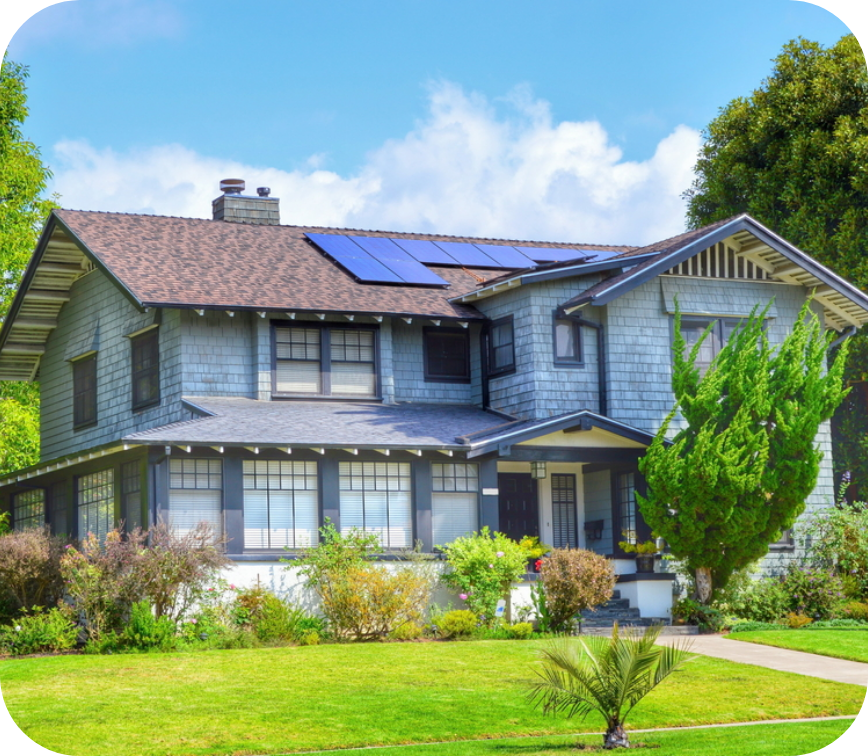
Battery Storage Technologies
Residential solar systems typically use one of two types of solar batteries: lithium-ion or lead-acid batteries. Lead-acid batteries used to be standard in the industry, but more and more often, solar panel companies are using lithium-ion batteries because they can store more energy for extended periods of time. At Axia Solar, we offer lithium iron phosphate batteries, a type of lithium-ion battery produced by Qcells.
How Batteries Store Energy and its Uses
Like any energy source, batteries use chemistry to store energy in the form of chemical potential. The energy from the sun holds the chemical potential to be energy, and the battery takes it through the process to become energy that becomes electricity. Since solar panels can create energy but not store it, you need a solar battery to store the extra energy that is not being used immediately.
Homeowners that attach battery storage to their solar system can consider a few different variables when choosing how much battery capacity their home needs. When evaluating battery storage, the key factors are how large your system is (i.e. how much electricity it can produce) and how you plan to use your stored power. Battery power is most effectively used for backup power in an outage, when grid electricity prices are at their highest, or some combination of the two.
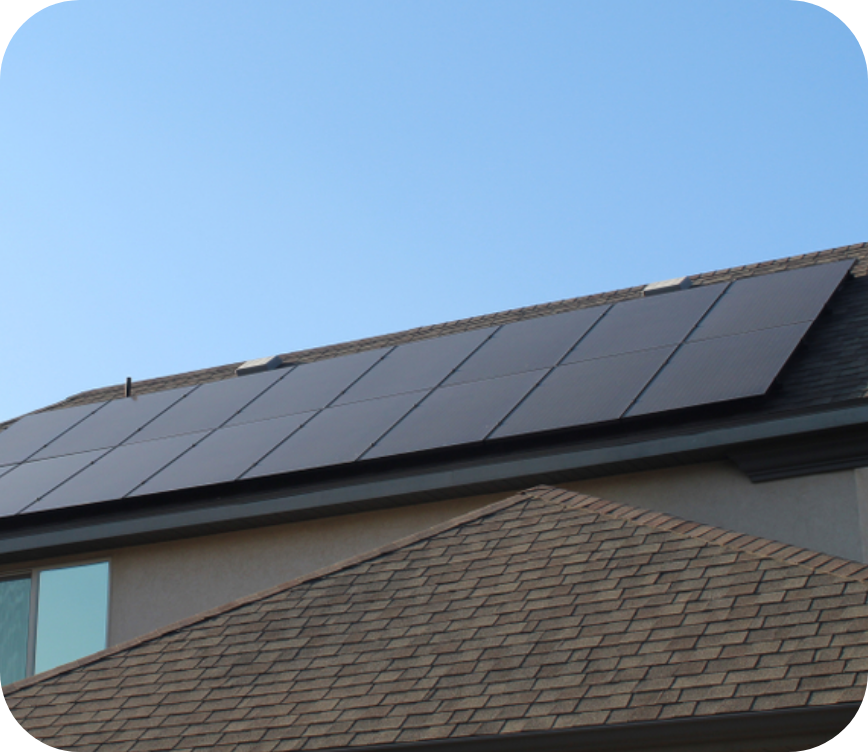

How Lithium-Ion Batteries Work
Lithium-ion batteries are used in many common technologies and are generally considered safe. These batteries move lithium ions through an electrolyte inside the battery. Ions are particles that have gained or lost electrons, so moving lithium ions means free electrons are moving around. The buildup of these free electrons is how the batteries build up and store electricity. You can charge and discharge lithium-ion batteries hundreds of times which in the case of solar battery storage means batteries tend to last between 5 and 15 years.
How Solar Batteries Work With a Hybrid Inverter
How does a solar battery work with a hybrid inverter? A hybrid inverter can convert AC electricity into DC electricity and vice versa. With a hybrid inverter, you don’t need one inverter to convert electricity from your solar panels and one to convert electricity from your solar battery — a hybrid inverter does both jobs. They can work with or without battery storage, and if you install one without it, you can easily add battery storage down the line. This flexibility is making hybrid inverters a popular choice as time goes on.
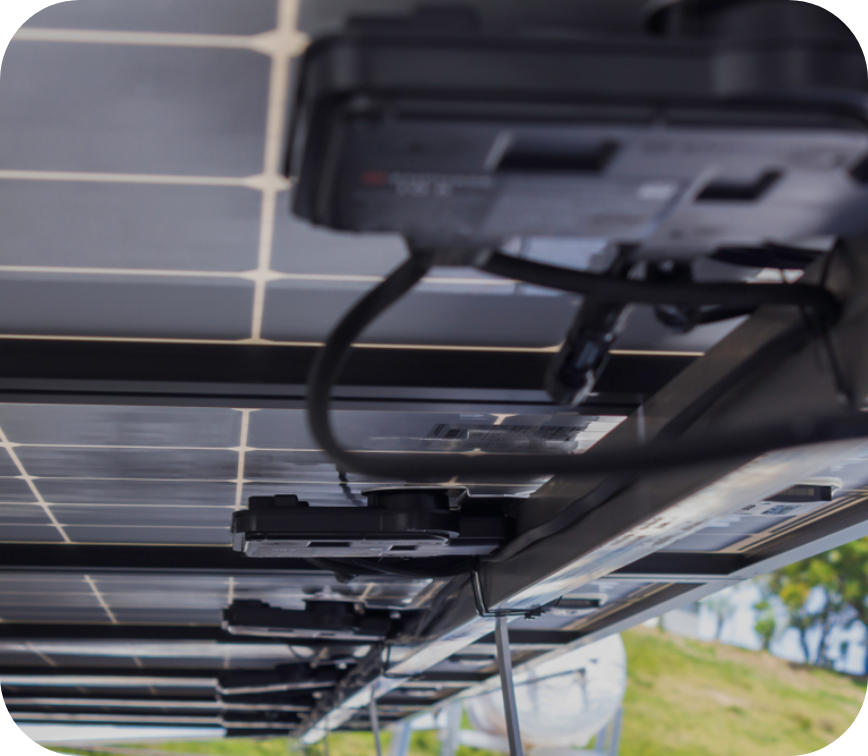
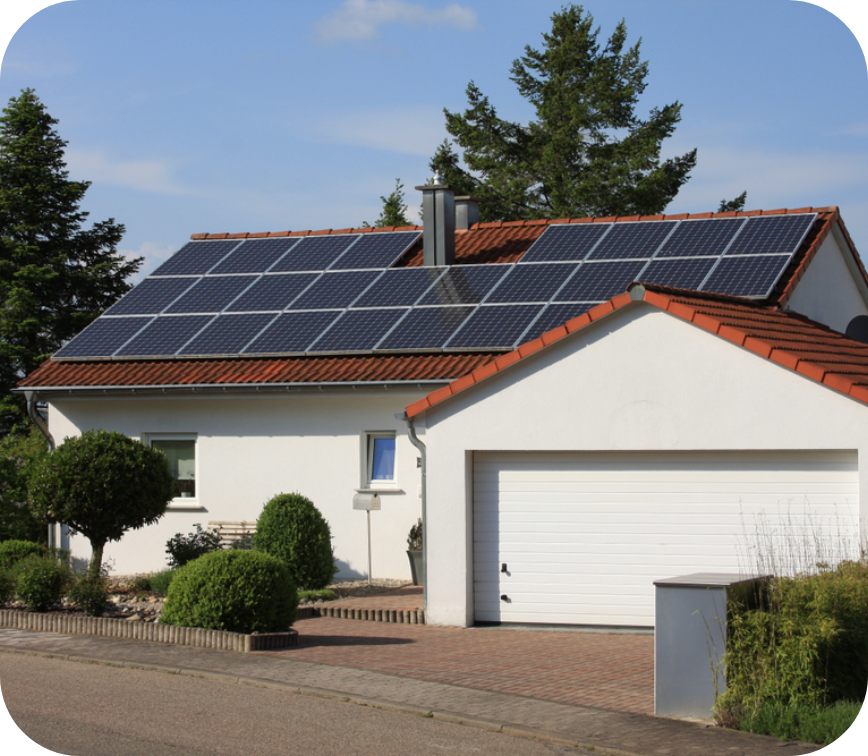
AC-Coupled Storage vs. DC-Coupled Storage
Your solar panels must be wired to your battery storage system, which is called coupling. This will either be achieved through direct current (DC) coupling or alternating current (AC) coupling. The difference is that solar panels make different paths for electricity depending on the type of coupling used. The solar cells on your solar panels produce DC electricity, and solar batteries can only store DC electricity, but DC electricity has to be converted into AC electricity to be used in your home. There are various ways to connect a solar battery to your solar power system to make that happen.
Which is better?
Solar panels create DC electricity that flows directly through a charge controller and into a solar battery. The current doesn’t need to change before storage, and it doesn’t need to be converted to AC electricity until the electricity gets sent to your home or out to the grid. Because of this, a DC-coupled storage battery is typically more efficient, but it needs a more complex installation, making it more expensive and difficult to install.
How Do Solar Batteries Work with a Solar Power System?
Solar batteries work with solar power systems to generate and store electricity for your use. In a DC-coupled system, sunlight hits the solar panels, and the solar panels convert the energy from the sunlight into DC electricity, which is stored in the battery. When the DC electricity leaves the battery, it goes into an inverter that converts it into AC electricity for use in your home.
In an AC-coupled system, the process is similar at the beginning. But after the AC electricity is used in your home, the excess energy goes through another inverter to be converted back into DC electricity so it can be stored for later use. When used later, it has to go back through the inverter to be again converted into AC electricity for your house.
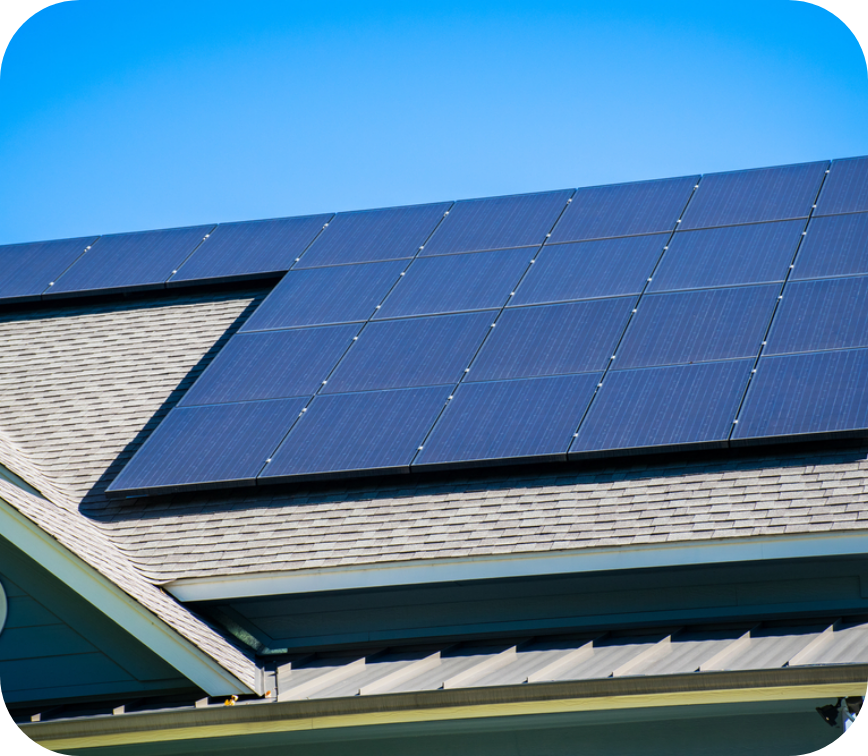
Benefits of Solar Battery Storage
One of the biggest advantages of battery storage is that it lets you store excess energy, so you won’t have to rely on the grid during lower generation periods or power outages. With a solar battery, you can have peace of mind knowing that even during a widespread power outage, you’ll have little to no interruptions to your daily routine.
While storing energy is one of the most significant benefits of solar battery storage, it’s not the only one. Other benefits are listed below.
Reduces Your Carbon Footprint
Most power grid systems use fossil fuels to work. Solar power systems use energy from the sun to power your home and other electrical systems. Using solar energy rather than fossil fuels helps to reduce your carbon footprint by using cleaner energy sources.
Provides Electricity Even After the Sun Goes Down
One of the main problems with solar panels without solar battery storage is that they only produce energy during daylight hours. This means that you don’t have that benefit at night, and you have to rely on the power grid to power your home. With solar battery storage, however, any energy not used during the day is stored in the battery, ensuring you have power even after the sun goes down.
A Quiet Solution to Backup Power Needs
Most gas-powered backup generators can be noisy. Solar power batteries are a noiseless backup power option. Not only are they quiet, but they’re a clean energy source as well!
Go Solar With Axia
If you’re looking into a solar power system for your home, make sure you look at batteries as well. Without battery storage, you won’t be able to take advantage of all the benefits of a solar power system. At Axia Solar, we want every homeowner to experience the benefits of energy independence. We can help you add solar batteries to your current system or install a full solar power system to your home. Speak with an advisor today to learn more.
Learn More
Want to learn more about how solar works? Check out these related articles. Have a question you can’t find an answer to? Contact us or chat live with an expert today.
Related Articles
